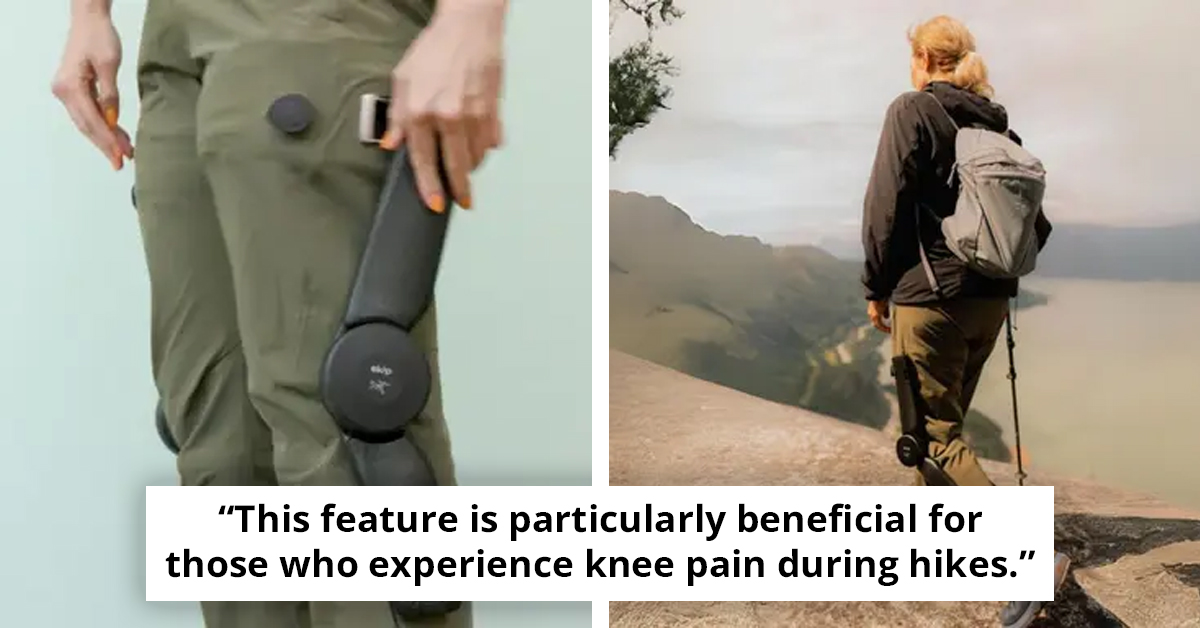
This Quick, Painless Skin Cancer Screening Could Save Thousands of Lives
No needles, no cutting, just results.

When an Australian researcher set out to revolutionize skin cancer detection, he created a breakthrough technology that could change the way we approach this widespread issue. The result is the DermR Patch, a groundbreaking skin cancer test that takes just seconds to perform—without any pain, bleeding, or cutting.
Developed by genomics researcher Stefan Mazy, the DermR Patch harnesses the power of microneedles to detect potentially cancerous lesions quickly and painlessly. Unlike traditional biopsies, which require a doctor to remove a piece of skin for testing, the DermR Patch uses tiny microneedles to collect a minuscule amount of tissue in just 15 seconds.
This sample is then analyzed to determine whether the lesion is likely to be cancerous, offering a highly sensitive and non-invasive alternative to conventional methods.
Mazy's inspiration for developing the DermR Patch came from a deeply personal experience. His mother, Gillian, was diagnosed with basal cell carcinoma, a common form of skin cancer.
Her diagnosis led to surgery that caused lifelong complications, something that might have been avoided if a less invasive testing option had been available.
Seeing his mother suffer from the aftereffects of surgery motivated Mazy to create a solution that would spare others from similar pain and stress, especially those hesitant to undergo traditional biopsies due to fear of needles or the potential for scarring.
This drive to improve patient outcomes and reduce the barriers to early detection has been the cornerstone of his work on the DermR Patch.
"My mother was terrified of needles and delayed her biopsy for a long time, thinking she wasn't at risk," Mazy explains.
"If there had been a way to test without a needle or an incision, her situation might have been different."
 Supplied
SuppliedThe DermR Patch aims to provide exactly that—an alternative to traditional biopsies that is faster, easier, and more accessible, especially in remote and regional areas where access to dermatologists is limited.
 SBS News / Abbie O'Brien
SBS News / Abbie O'BrienAustralia has some of the highest rates of skin cancer in the world, with nearly two-thirds of Australians expected to be diagnosed with some form of skin cancer in their lifetime. For those living in rural areas, early detection can be a challenge due to a lack of specialized healthcare providers.
"The idea behind the DermR Patch is to triage patients, helping determine who needs immediate medical attention and who doesn't," Mazy says.
"This is especially important in areas with fewer doctors."
 Supplied
SuppliedThe patch is currently being tested in Western Australia's Pilbara region, known for its remote communities and limited access to healthcare.
If successful, the technology could be rolled out to other remote and regional areas, providing a vital diagnostic tool where it's needed most.
 SBS News
SBS NewsDr. Stephanie Weston, a dermatologist involved in regional outreach clinics, sees great potential in the DermR Patch.
"If this technology proves accurate, it could be a game-changer for regional patients," she says. "It offers a quick and simple way to prioritize care, giving patients peace of mind or alerting them to the need for further treatment."
 SBS News / Abbie O'Brien
SBS News / Abbie O'BrienWhile the DermR Patch shows promise, it's still in the trial phase. Researchers and medical professionals alike are eager to see how it performs in larger studies.
If it proves effective, this tiny patch could have a massive impact, making skin cancer screening more accessible and less intimidating for people everywhere.







